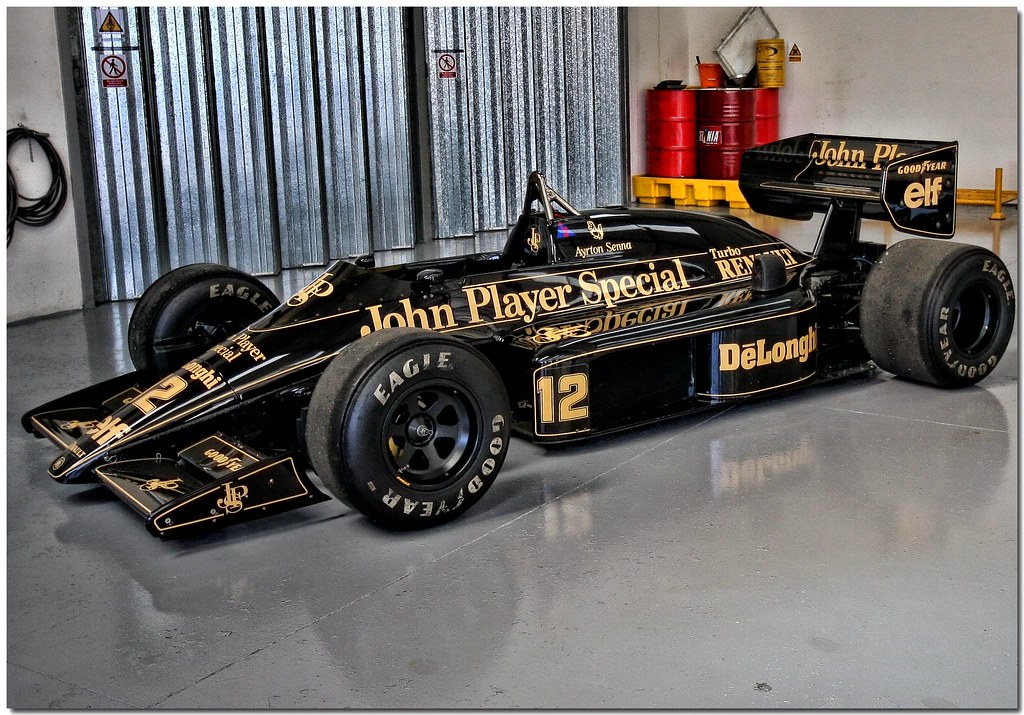This is a review, detailed measurements and listening tests of the JPS LABS ULTRACONDUCTOR 2 1 foot XLR cables. It is on kind loan from a member and costs US $799 for a pair.

As you can see, there is no fancy braiding or termination. Cables are a bit stiffer than my reference but still pliable enough to interconnect two pieces of audio stacked up. Neutrik connectors are used which are good.
JPS LABS ULTRACONDUCTOR 2 XLR Cable Measurements
I used my Audio Precision analyzer as the "audio" source and destination to measure the performance of these cables. I used my lower cost measurement cable, the World's Best Cable (WBC) with Canare L-4E6S star quad cabling and Amphenol connectors. The WBC cables are 3 feet so at a bit of disadvantage relative to JPS cable. Let's start with wideband frequency response measurement going from DC all the way up to 90 kHz (4.5 times our hearing range):

Using my standard ± 5 dB deviation vertical scale, the two graphs land on top of each other, ruling out any tonality differences. To dispel the myth that we can't measure differences between cables, let's zoom all the way in:

At this zoom ratio (0.002 dB), we have a difference in favor of JPS labs of 0.002 dB. This is to be expected as the JPS cable is 1/3 of the length of WBC so hast ever so slightly less loss. The loss is linear in the range so it only serve to change the volume of your amplifier by the same 0.002 dB. Breath on your volume control and you likely change it more than this!
Comments are often made that the noise floor goes down with premium cables so let's check that:

The incredible dynamic range of Audio Precision analyzer let's us enjoy more than 22 bits of dynamic range/133 dB with either cable (4 volt signal). The tiny difference is run to run variations. So the noise floor has not changed either.
Lastly let's check for distortion using dual tones: 60 Hz and 7 kHz to cover both low and high basses:

The difference once again is run to run variation.
We could keep going but results will be the same so let's move on.
JPS LABS ULTRACONDUCTOR 2 Cable Listening Tests
I created a test setup using Toping D70s as the source and Topping A90 as the headphone amplifier. The output of the A90 then drove my Dan Clark Stealth headphones. I started with JPS cable and pulled up my reference test clips. The sound as expected was superb. So I swapped out the JPS for WBC cable. I immediately noticed more detail, and even slightly louder sound! The sound was that more enjoyable. I swapped back to the JPS cable and it was back to be slightly less loud and detailed. Once that difference had set in my brain, it was hard to get rid of it. Of course this is not a valid test. The switching took almost 30 seconds erasing any memory I had of the exact detail of the music I was playing. And at any rate, I was listening to a different segment of that track. But if you want to pick a winner, there it is: the $27 WBC cable!
Of course this is not a valid test. The switching took almost 30 seconds erasing any memory I had of the exact detail of the music I was playing. And at any rate, I was listening to a different segment of that track. But if you want to pick a winner, there it is: the $27 WBC cable!
Conclusions
The results here are no different than other cables we have tested. But we have had no coverage of JPS cables so is good to add data about it to our database. As noted, the differences in cables are absolutely measurable. And I am talking about direct difference in amplitude level. Alas, at 0.002 dB, it is not a meaningful difference and was most likely due to JPS cable being shorter than my reference.
Listening tests produced the typical response of the "second cable sounding better" which in this case turned out to be the much cheaper $27 cable. Of course the test did not follow proper protocol and test of repeatability. But such is the standard in premium audio tweak business. So going by that, "my ears told me the WBC cable was better than JPS!"
Needless to say, I can't recommend JPS LABS ULTRACONDUCTOR 2 XLR cable. Save that money and put it toward more music, better speakers/headphones.
----------
As always, questions, comments, recommendations, etc. are welcome.
Any donations are much appreciated using: https://www.audiosciencereview.com/forum/index.php?threads/how-to-support-audio-science-review.8150/
As you can see, there is no fancy braiding or termination. Cables are a bit stiffer than my reference but still pliable enough to interconnect two pieces of audio stacked up. Neutrik connectors are used which are good.
JPS LABS ULTRACONDUCTOR 2 XLR Cable Measurements
I used my Audio Precision analyzer as the "audio" source and destination to measure the performance of these cables. I used my lower cost measurement cable, the World's Best Cable (WBC) with Canare L-4E6S star quad cabling and Amphenol connectors. The WBC cables are 3 feet so at a bit of disadvantage relative to JPS cable. Let's start with wideband frequency response measurement going from DC all the way up to 90 kHz (4.5 times our hearing range):
Using my standard ± 5 dB deviation vertical scale, the two graphs land on top of each other, ruling out any tonality differences. To dispel the myth that we can't measure differences between cables, let's zoom all the way in:
At this zoom ratio (0.002 dB), we have a difference in favor of JPS labs of 0.002 dB. This is to be expected as the JPS cable is 1/3 of the length of WBC so hast ever so slightly less loss. The loss is linear in the range so it only serve to change the volume of your amplifier by the same 0.002 dB. Breath on your volume control and you likely change it more than this!
Comments are often made that the noise floor goes down with premium cables so let's check that:
The incredible dynamic range of Audio Precision analyzer let's us enjoy more than 22 bits of dynamic range/133 dB with either cable (4 volt signal). The tiny difference is run to run variations. So the noise floor has not changed either.
Lastly let's check for distortion using dual tones: 60 Hz and 7 kHz to cover both low and high basses:
The difference once again is run to run variation.
We could keep going but results will be the same so let's move on.
JPS LABS ULTRACONDUCTOR 2 Cable Listening Tests
I created a test setup using Toping D70s as the source and Topping A90 as the headphone amplifier. The output of the A90 then drove my Dan Clark Stealth headphones. I started with JPS cable and pulled up my reference test clips. The sound as expected was superb. So I swapped out the JPS for WBC cable. I immediately noticed more detail, and even slightly louder sound! The sound was that more enjoyable. I swapped back to the JPS cable and it was back to be slightly less loud and detailed. Once that difference had set in my brain, it was hard to get rid of it.
Conclusions
The results here are no different than other cables we have tested. But we have had no coverage of JPS cables so is good to add data about it to our database. As noted, the differences in cables are absolutely measurable. And I am talking about direct difference in amplitude level. Alas, at 0.002 dB, it is not a meaningful difference and was most likely due to JPS cable being shorter than my reference.
Listening tests produced the typical response of the "second cable sounding better" which in this case turned out to be the much cheaper $27 cable. Of course the test did not follow proper protocol and test of repeatability. But such is the standard in premium audio tweak business. So going by that, "my ears told me the WBC cable was better than JPS!"
Needless to say, I can't recommend JPS LABS ULTRACONDUCTOR 2 XLR cable. Save that money and put it toward more music, better speakers/headphones.
----------
As always, questions, comments, recommendations, etc. are welcome.
Any donations are much appreciated using: https://www.audiosciencereview.com/forum/index.php?threads/how-to-support-audio-science-review.8150/
Last edited:




